As stolen celebrity photos continue to flood the internet, one artist-based website is showing support the best they know how: by covering up the naked victims in wildly artistic and imaginative ways. Called the UNfappening (a play on the name given to the leaked-photos movement), the site describes their mission as thus: “The fappening happened. We can't change that. But we can cover it up. It’s the least we can do.” If you’d like to join their cause, they’re encouraging anyone who’s interested to send in your artwork to their site.
Search
Latest Stories
Start your day right!
Get latest updates and insights delivered to your inbox.
We have a small favor to ask of you
Facebook is critical to our success and we could use your help. It will only take a few clicks on your device. But it would mean the world to us.
Here’s the link . Once there, hit the Follow button. Hit the Follow button again and choose Favorites. That’s it!
The Latest
Most Popular
Sign Up for
The Daily GOOD!
Get our free newsletter delivered to your inbox















 People on a beautiful hike.Photo credit:
People on a beautiful hike.Photo credit:  A healthy senior couple.Photo credit:
A healthy senior couple.Photo credit:  A diverse group of friends together.Photo credit:
A diverse group of friends together.Photo credit:  A doctor connects with a young boy.
A doctor connects with a young boy.  Self talk in front of the mirror.Photo credit:
Self talk in front of the mirror.Photo credit:  Lightbulb of ideas.Photo credit
Lightbulb of ideas.Photo credit 


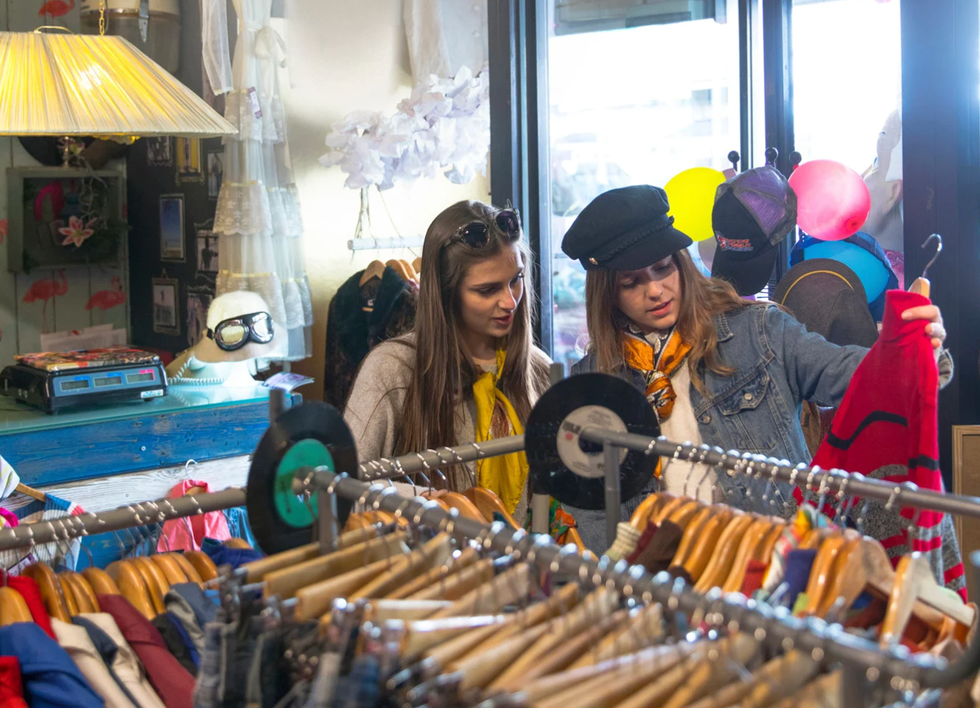 Two women shop at clothing storeCanva
Two women shop at clothing storeCanva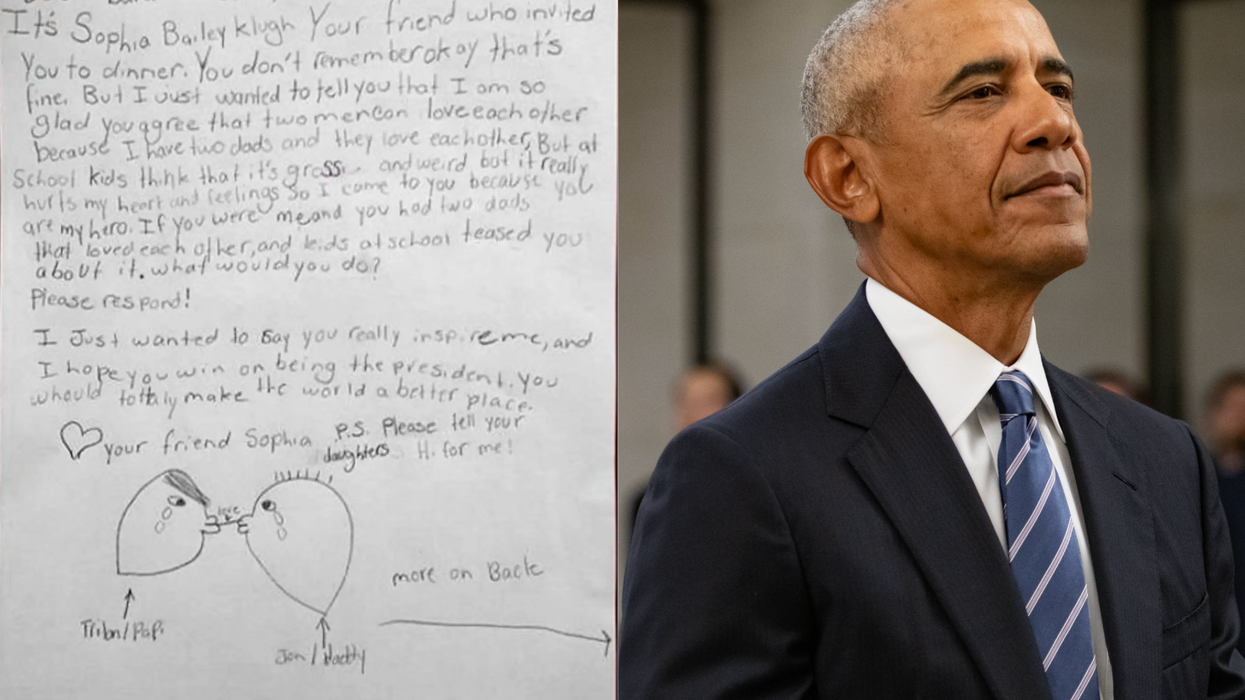
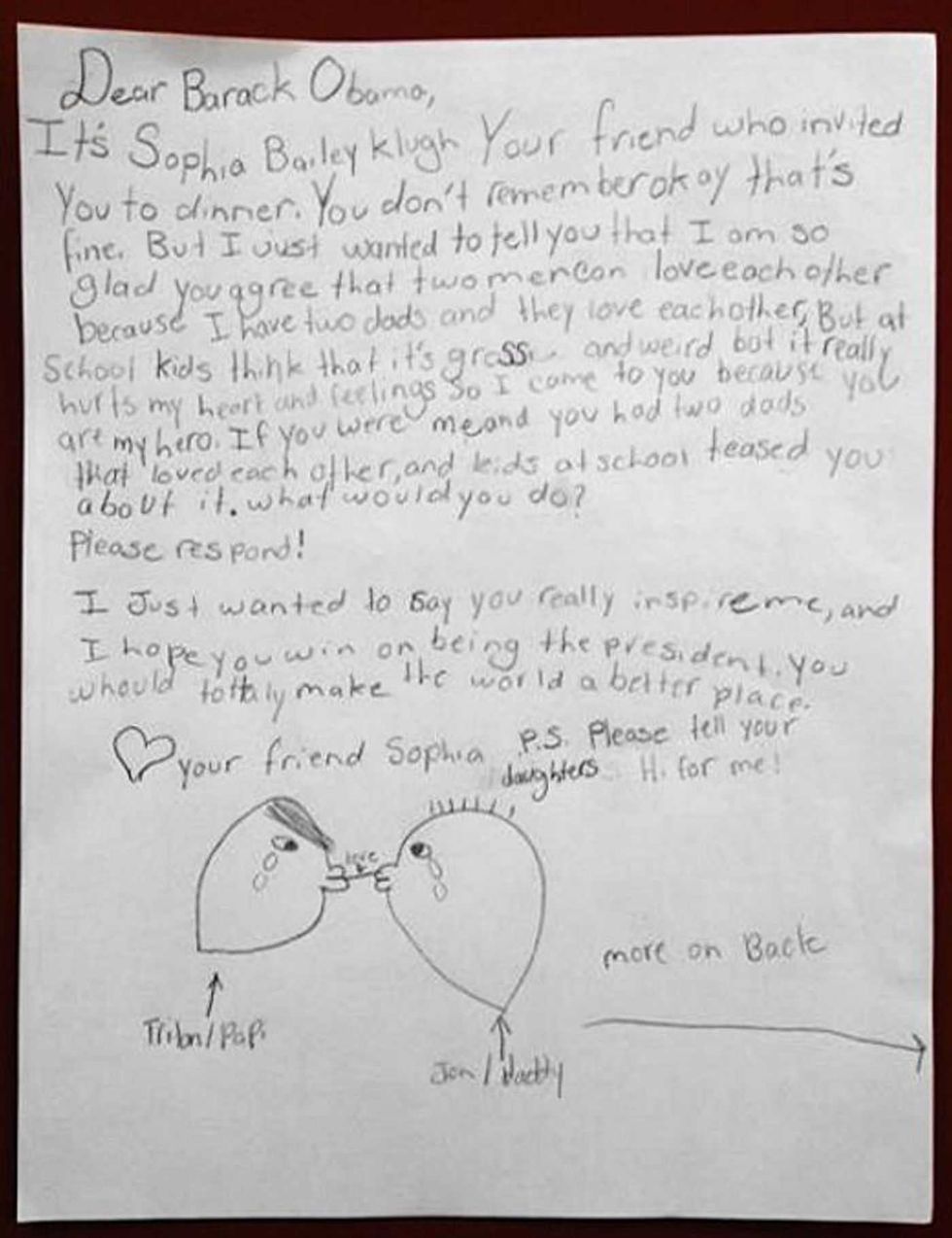 Copy of Sophia's letter to President Obama
Copy of Sophia's letter to President Obama Barack Obama's letter to Sophia
Barack Obama's letter to Sophia Gif of Obama saying "The torch has been passed" via
Gif of Obama saying "The torch has been passed" via 
 A mom is very angry with her sonCanva
A mom is very angry with her sonCanva Gif of two women high-fiving via
Gif of two women high-fiving via 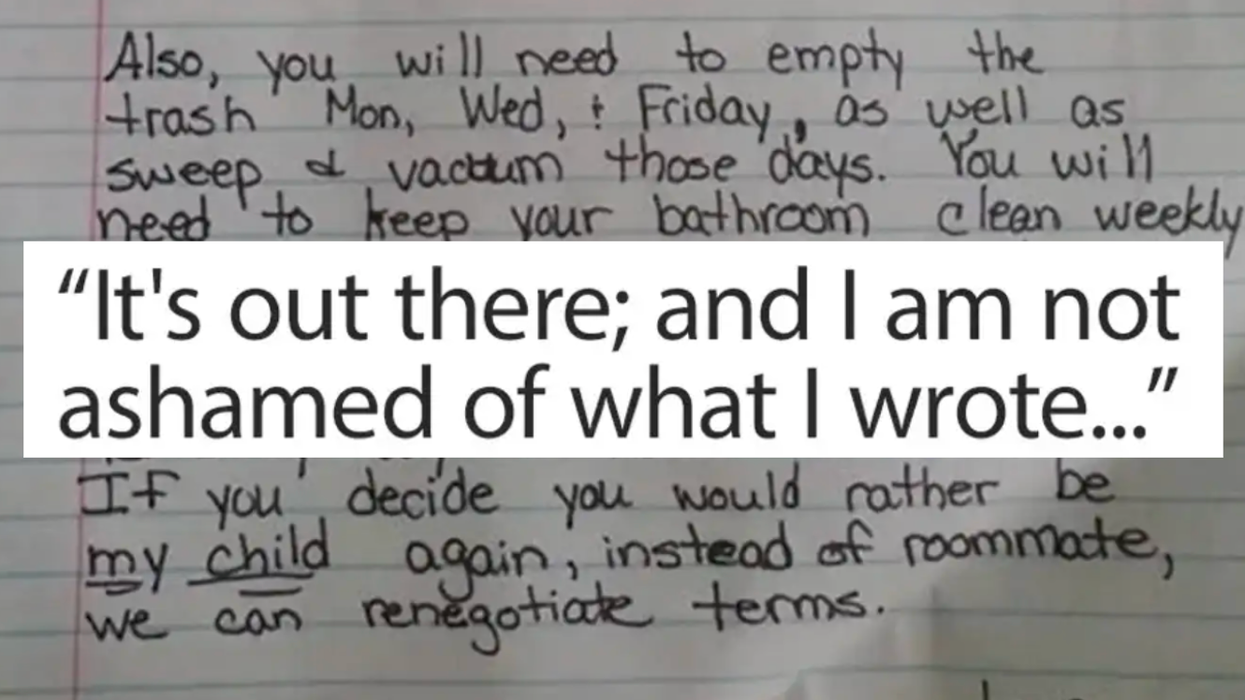
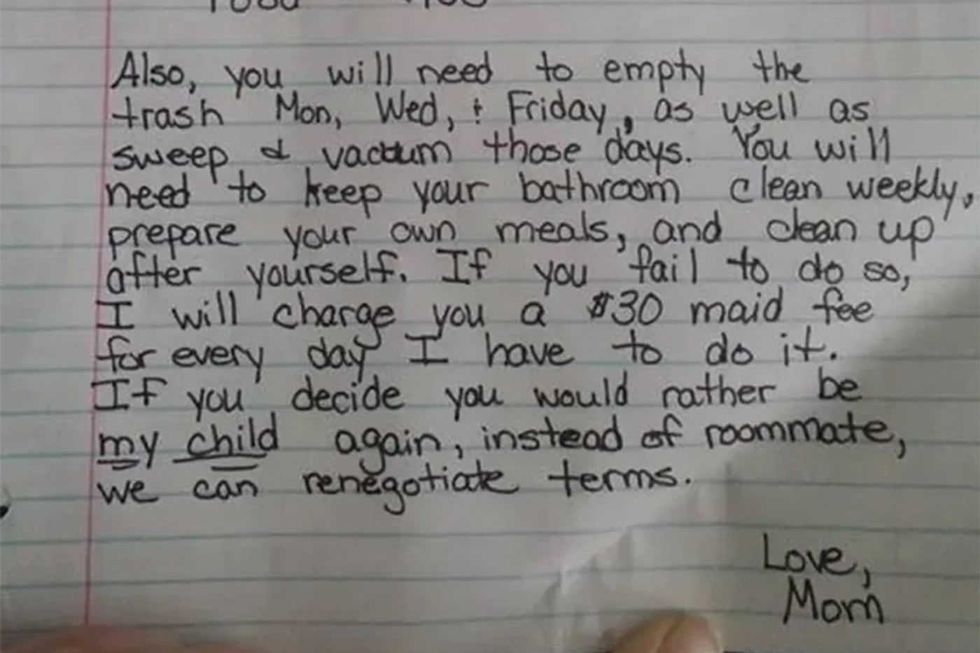 Photo of a handwritten letter from Heidi Johnson's Facebook page
Photo of a handwritten letter from Heidi Johnson's Facebook page Gif of someone repeating "shame" via
Gif of someone repeating "shame" via 
 A young girl learning sign languageCanva
A young girl learning sign languageCanva